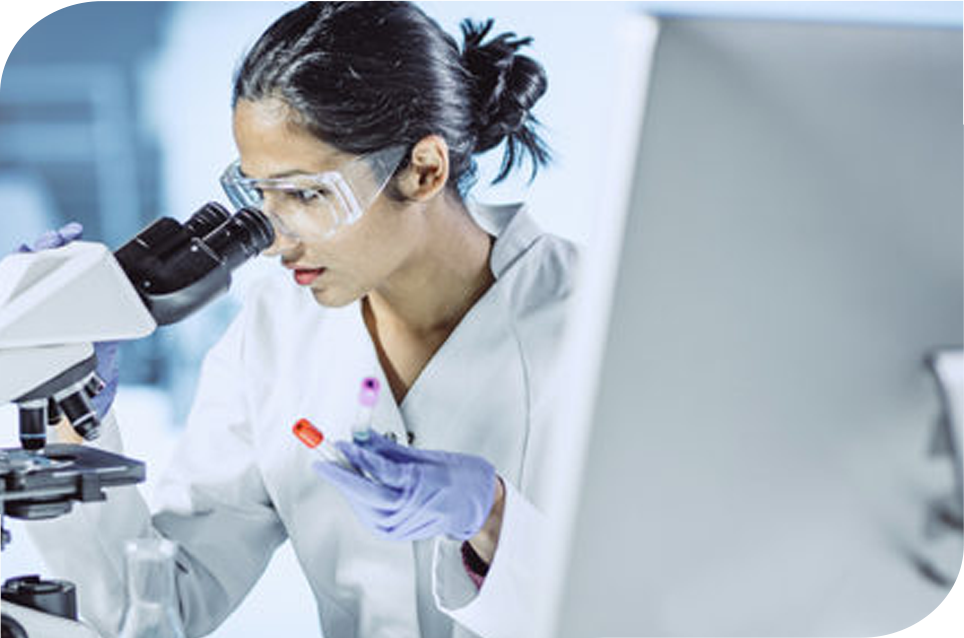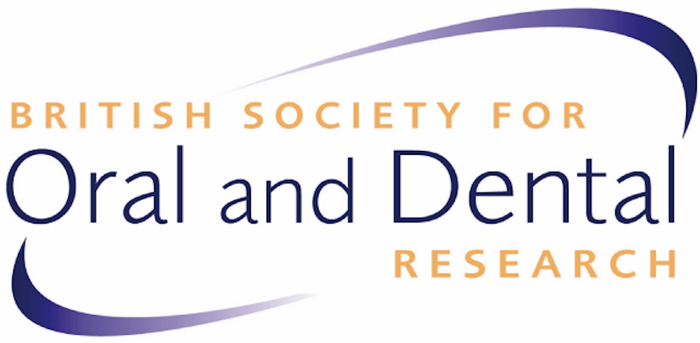Membership of BSODR offers many advantages and opportunities, these include:

International meetings
All meetings of the BSODR have an international flavour, but members of BSODR are also members of the IADR and have the opportunity to attend the annual IADR meeting at discount rates (usually the discount amount is greater than the BSODR membership fee). More than 5000 dental researchers attend these meetings providing unrivalled opportunities to meet colleagues from other disciplines and other countries. This is an ideal networking opportunity to develop international research collaborations and even to seek job opportunities abroad.
Interdisciplinary meetings
A unique aspect of BSODR meetings is that they are multi- and interdisciplinary. Clinical and non-clinical scientists attend in equal numbers and all areas of research are represented. The meetings attract and welcome researchers from all backgrounds, including scientists from many disciplines, dentists, DCPs, technicians and dental nurses. This provides an opportunity, unique in the UK, to hear of research advances in other disciplines and to learn of other methodologies and approaches which may inform and improve your own research. The opportunity to meet people from other disciplines enables you to share experiences and develop collaborations.
A highlight of each meeting is the keynote invited lectures and the annual Graham Embery memorial lecture. These are presented by leading national and international experts and are often from outside mainstream oral and dental research. Recent lectures for example have covered aspects of immunology, research governance and robotics.
Each meeting also has several symposia. These are often organised by the research groups and are presented by senior researchers and experts in the field. Most symposia include international speakers. They provide excellent state-of-the-art updates on key topical issues.


Research groups
The BSODR also has research groups. These are also interdisciplinary and bring together clinical and nonclinical researchers with a common interest. For example, groups include the Oral Microbiology and Immunology Group (OMIG) and the Periodontal Research Group. The groups oversee presentations in their areas of interest, and also organise expert symposia.
Travel bursaries and grants
The BSODR offers a number of travel bursaries for PhD students and young researchers to travel to BSODR, PER and IADR meetings. These are especially attractive for members wishing to travel to the international meetings.
The BSODR also has a close working relationship with the Oral and Dental Research Trust, who offer many small research grants. The ODRT usually announce their grant winners at BSODR meetings.


Links with industry
The BSODR is generously supported by industry and many companies showcase new products at the meetings. Researchers from industry also present their work at BSODR meetings and R&D directors often attend, looking for new collaborations and seeking new talent to recruit to their research teams.
A showcase for emerging talent
The majority of presentations at BSODR and IADR meetings are short abstract presentations, often presented by junior researchers, post-doctoral researchers and even by students. The programmes offer a great breadth of research and act as a shop window for UK oral and dental research. Many young researchers present their research for the first time at our meetings. The meetings therefore provide a great showcase for new and emerging talented researchers, who are often keenly watched by potential collaborators and employers.


Representation and Lobbying
The BSODR is the only organisation representing the full breadth of UK oral and dental research. Through links with other organisations and government we act as an important voice of the UK research community and act as a lobbying group to represent our members.
All members have the opportunity to play a role in the functions of the Society as participants at meetings, as members of research groups and by exercising their right to vote at the Annual Business Meeting.
